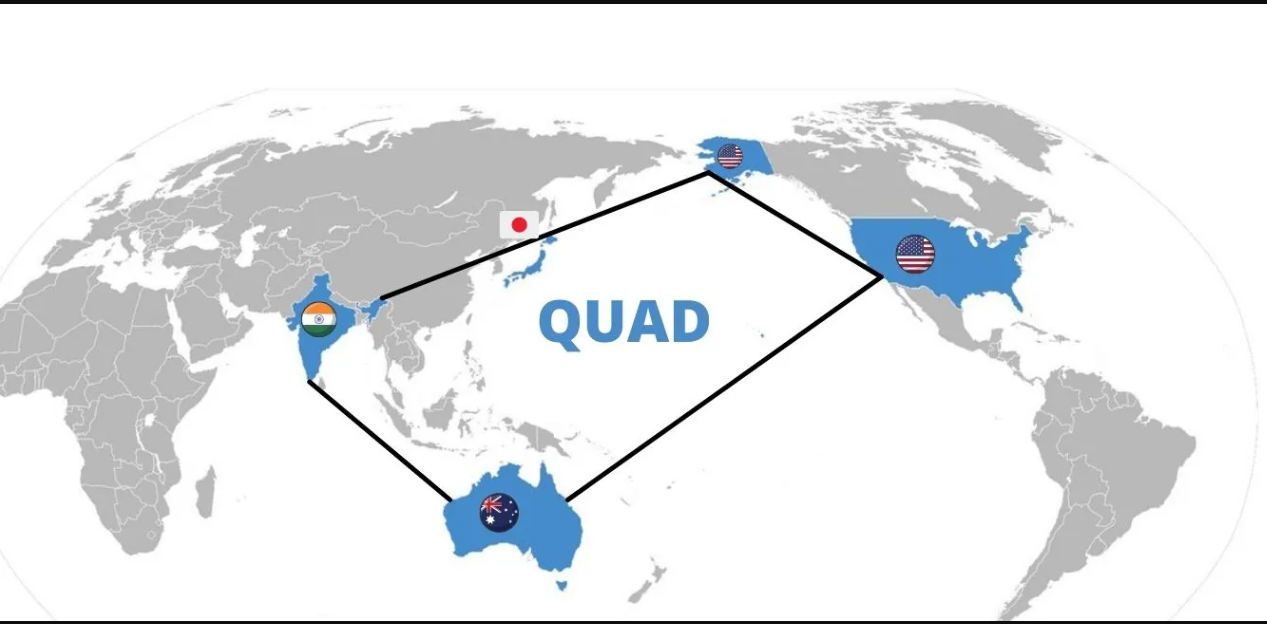
Da Wei, Director of Center for International Strategy and Security; Professor at Tsinghua University
Jun 16, 2022
Up till now, the fighting has been going on for over 100 days, with the two warring sides still in an offensive and defensive stalemate. Questions about this ongoing crisis can be listed in a long line, most of which no one can answer at this time. Yet among all the uncertainties, one thing is certain: what the Russian troops crossed on February 24 was not simply the land border between Russia and Ukraine, but rather more symbolically, the River Rubicon of the post-cold war international order.
Wang Yiwei, Jean Monnet Chair Professor, Renmin University of China
Jun 10, 2022
At first glance, the Ukraine conflict has some loose parallels to 1958, when the People’s Liberation Army shelled Kinmen without notifying Russia in advance. But while rumors of intrigue may raise eyebrows, the comparison falls apart quickly.
Jin Liangxiang, Senior Research Fellow, Shanghai Institute of Int'l Studies
Jun 02, 2022
America wants to back away some, but not entirely, as the region has become an important geopolitical factor. So U.S engagement will be limited. With Eastern Europe and the Asia-Pacific in play, it cannot afford to add resources to the Arab region.
Shen Dingli, Professor, Institute of International Studies, Fudan University
May 31, 2022
There was nothing new revealed in the U.S. president’s visit, other than launching Indo-Pacific Economic Framework. Roping in Japan and South Korea and declaring that the U.S. would “intervene” in a Taiwan conflict, all amounted to old news.
Liu Chang, Assistant Research Fellow, Department for American Studies, CIIS
May 30, 2022
Lacking concrete detail, the framework is burdened by great uncertainty. Moreover, the United States seems to be sending a decoupling signal to China — a questionable strategy. If the U.S. continues along this line, it will be hard to win confidence and cooperation from countries in the Indo-Pacific region.

Zainab Zaheer, Development Consultant
May 20, 2022
Besides tackling COVID-19 and climate change, a unifying force within the Quadrilateral Security Dialogue is undoubtedly the member countries’ response to China. As the May Quad summit is underway, analysts must assess both how the Quad will react to China as well as how China will respond to the Quad alliance.
Doug Bandow, Senior Fellow, Cato Institute
May 12, 2022
China’s overtures to Pacific Island states has been met with somewhat sharp rebuffs from U.S. and Australian officials - attacks that one might say mirror China’s oft-criticized foreign relations methods. The emphasis on military force in the Pacific underscores the importance of this part of the world to the future of the international order.
Dong Chunling, Deputy Director, Office of the Center for the Study of a Holistic View of National Security, CICIR
May 10, 2022
The concept, introduced by President Xi Jinping, can inform China-U.S. cooperation. The two countries need to seek their common security — and that of the world — by evolving and developing together.
Li Yan, Director of President's Office, China Institutes of Contemporary International Relations
Apr 27, 2022
Changes have already come to the nature of war, but non-state actors will change international relations more broadly in the future, becoming an important force affecting the evolution of the international order and changing the balance of power.
Xiao Bin, Deputy Secretary-general, Center for Shanghai Cooperation Organization Studies, Chinese Association of Social Sciences
Apr 26, 2022
While the United States and its Western allies might wish that China would adopt their position and help to mediate an end to the crisis, China has crafted a stance that conforms to its own interests. It simply doesn’ t have the influence other countries may imagine.
Back to Top

- China-US Focus builds trust and understanding between the U.S. and China through open dialogue among thought leaders.
- Our Offerings
- Topics
- Videos
- Podcasts
- Columnists
- Research Reports
- Focus Digest
- Stay Connected
-
Thanks for signing up!
- Get the latest stories from China-US Focus weekly.